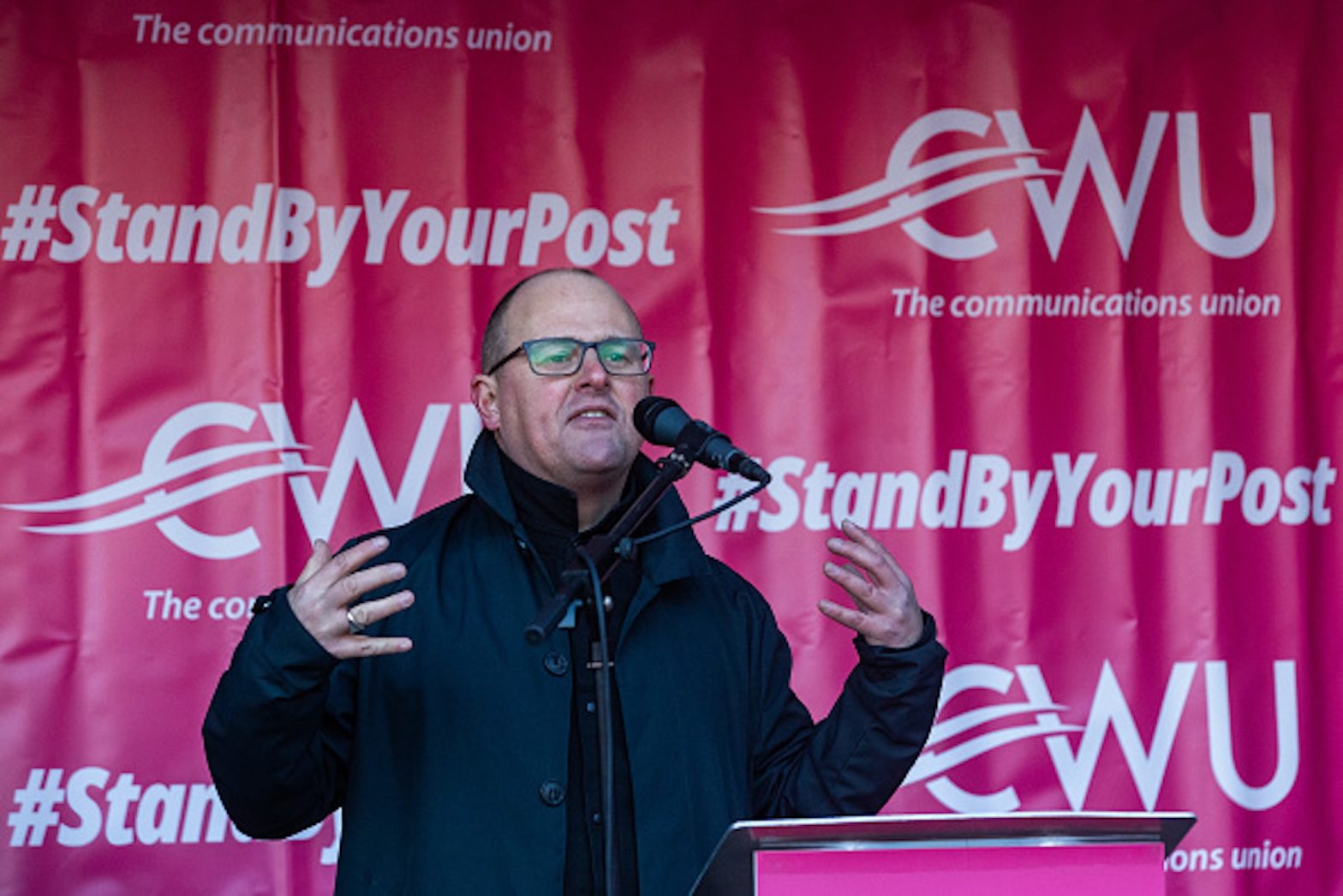
WOMEN who identify as Black, Minority, and Ethnic (BME) are 12 times more likely than males to be unemployed, according to the latest study report released by the Trades Union Congress (TUC), today (23).
According to the studies, 460,000 black and minority ethnic women are unable to work due to the unpaid caregiving responsibilities.
BME women in their 30s were the most negatively impacted, and the organisation called on the government to address the shortage of social workers and implement flexible childcare.
Paul Nowak, general secretary, TUC said: “Women shouldn’t have to give up or cut down on paid work because they can’t find or afford the right care for their children or older or disabled relatives.
“But too many BME women who’d like to be in work are excluded from the jobs market because of their caring commitments.”
One in five (19 per cent) BME women in their 30s are currently out of the labour market because of caring responsibilities compared to one in 13 (eight per cent) white women, and just one in 100 (one per cent) men the same age.
And the analysis shows the situation doesn’t improve much for older women.
One in seven (15 per cent) and one in 10 (10 per cent) BME women in their 40s and their 50s are out of the labour market because of their caring commitments.
BME women make up just one in 14 (seven per cent) of the 16+ population, but account for more than one in four (27 per cent) of those who are out of the jobs market due to caring responsibilities.
The TUC is concerned that because women encounter more obstacles in the labour market than men, BME families are more likely to become impoverished.
Nowak added: “Once women leave paid work, they often take that financial hit for the rest of their lives. It’s a key driver of the gender pay gap – and it’s clear it is contributing to a big number of BME households living on the poverty line.
“We desperately need more flexible childcare for all families, that works around shifts, weekend work and irregular working patterns, to support women who want to work.”
The TUC is demanding that the government take steps to close the gender pay gap, ensure that women are paid fairly, and stop forcing them out of the workforce.
According to the TUC, women’s lives at work would be drastically changed by Labour’s New Deal for Working People.
In its first 100 days, Labour has promised to introduce an employment law that will grant new rights for working people.
Labour’s New Deal for Working People aims to: